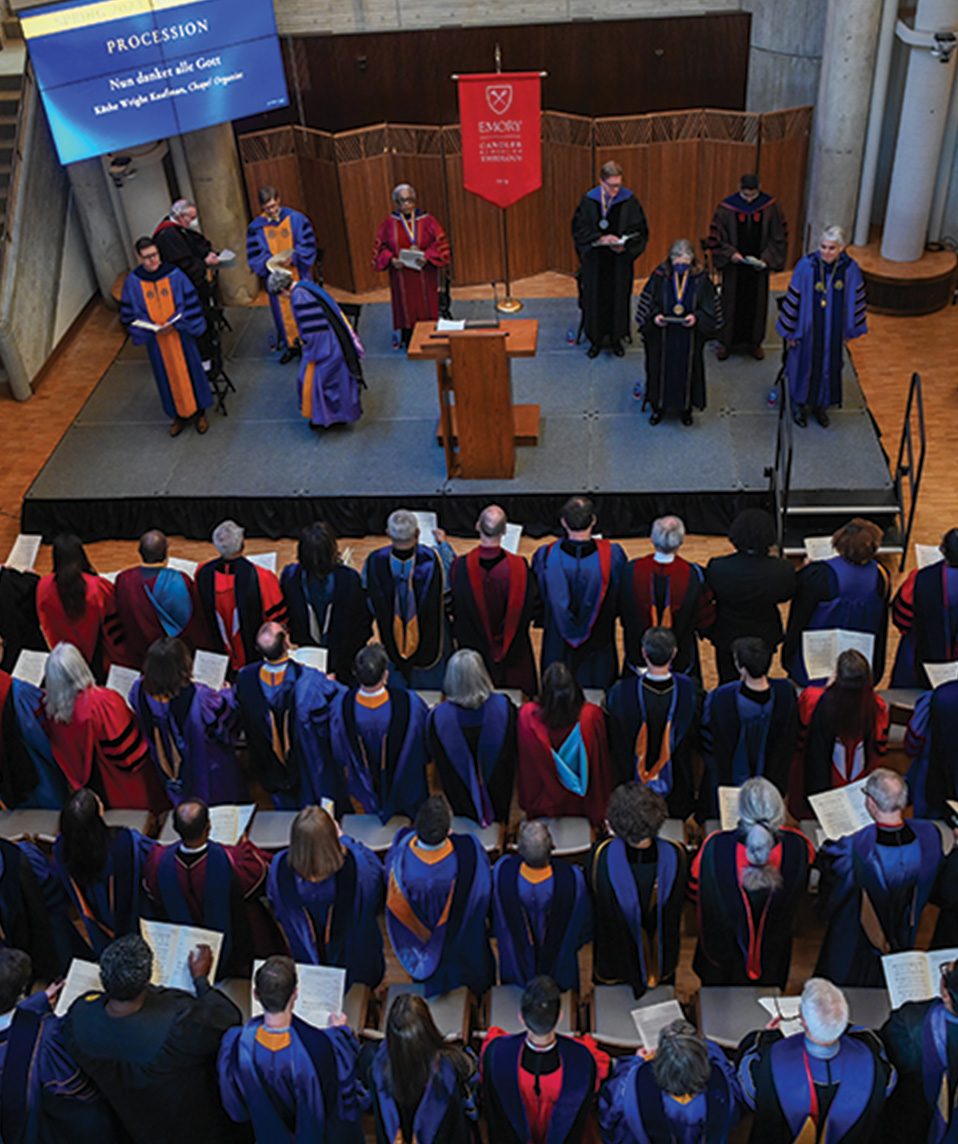February 27, 2026
Faculty News Briefs, February 2026

Our faculty focus on four main areas: Biblical Studies, History and Interpretation of Christianity, Christianity and Culture, and Church and Ministry.
On any given Sunday, you’ll find Candler faculty across the Atlanta area serving as leaders in their congregations, Sunday School teachers, part-time pastors, or simply as church members immersed in Christian community. On other days, they’re leading conferences and workshops, delivering lectures, conducting Bible studies, and writing denominational position papers and doctrinal statements to expand knowledge of theology and religion, deepen spiritual life, and strengthen the public witness of the church.